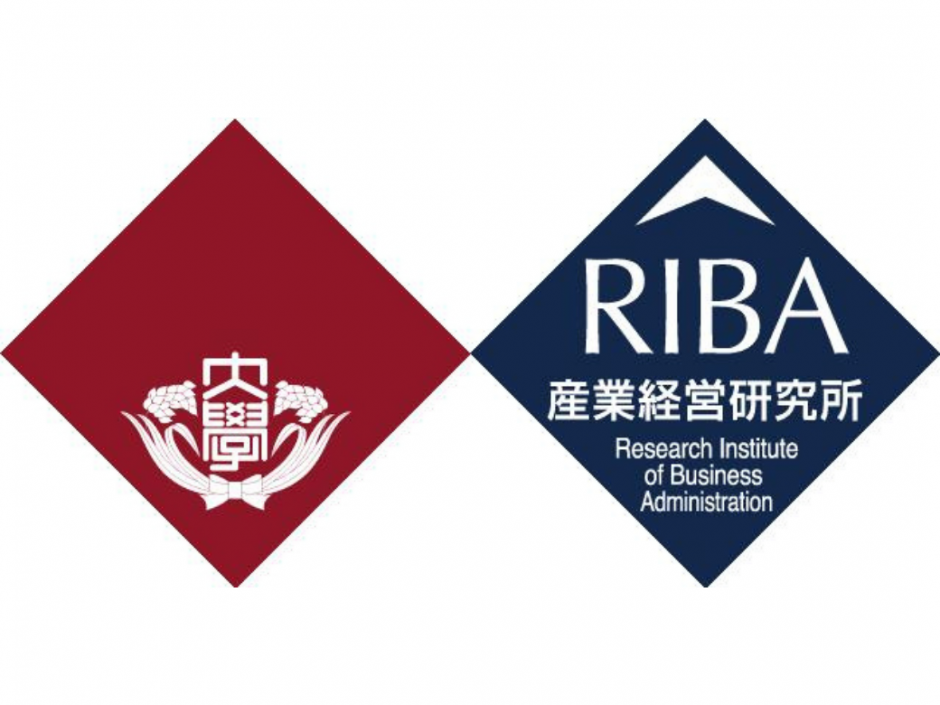- News
- 2025年度 産業経営研究所イベントのお知らせ
2025年度 産業経営研究所イベントのお知らせ

- Posted
- Tue, 10 Feb 2026
以下のとおり、産業経営研究所のイベントを開催します。
【産研講演会】
◎2026年2月18日(水) 講演会(詳細はこちら)
| テーマ | Waseda Organizational and Financial Economics Seminar Investing in AI: Clinical Trial Efficiency and Market Reaction |
| 講演者 | Sean Cao 氏(Associate Professor, Robert H. Smith School of Business, University of Maryland, College Park) |
| 概要 | While artificial intelligence (AI) is heralded as a panacea, we still grapple with the optimal ways to harness its potential. Using project-level clinical trial data, we find that pharmaceutical firms’ AI investment, on average, does not improve trial efficiency or financial prospects. We identify the contexts where AI adds value and when it does not. Overall, complementary human expertise, balanced regulation, and optimization objective clarity are critical for realizing AI’s potential. When these factors come together, AI can improve efficiency and financial prospects of clinical trials, which in turn enhances social welfare. Our analysis addresses an emerging question: not whether firms should adopt AI, but how they can do so effectively. |
| 対象 | 学生・教職員・一般 |
| 世話人 | 宮島 英昭(早稲田大学商学学術院 教授) |
◎2026年2月27日(金) 講演会(詳細はこちら)
| テーマ | “How to Pitch Your Research?” A workshop for graduate students |
| 講演者 | Michal Biron 氏(Professor, Head, School of Business Administration, University of Haifa,) |
| 概要 | This workshop invites graduate students to explore the art of “telling the research story”, a process that transforms complex academic projects into coherent, compelling narratives. Blending principles of storytelling with scholarly communication, the session emphasizes how to frame research questions, structure arguments, and highlight contributions in ways that engage both academic and non-academic audiences. Participants will learn how to begin and end their research story, articulate the motivation behind their work, construct a logical and emotionally resonant storyline, and use tools like metaphors, humor, tension, flow, and voice to enhance clarity and impact. We will talk about how to understand the audience and connect our message to the audience, with the goal to identify the broader context of our research and finding the human element within it. By the end of the session, participants will be equipped with practical strategies for presenting their work in oral presentations that communicate not only what they found, but why it matters. This workshop ultimately aims to empower emerging scholars to bridge the gap between data and audience, turning research into a story worth remembering. |
| 対象 | 学生・教職員・一般 |
| 世話人 | 谷口 真美(早稲田大学商学学術院 教授) |
◎2026年2月28日(土) 講演会(詳細はこちら)
| テーマ | Follow Him or Her? CEO Gender and Inter-organizational Imitation of Corporate Strategies |
| 講演者 | Abhinav Gupta 氏(Michael G. Foster Endowed Professor, Dept of Management & Organization, Foster School of Business, University of Washington, Seattle |
| 概要 | This study investigates how the gender of a firm’s CEO shapes interorganizational imitation of strategic behaviors. Drawing on gender research, we develop an observer-oriented theory arguing that CEO gender functions as a diffuse expertise cue that influences how peer firms evaluate and learn from one another. Because of gender-based social evaluations and associated biases, we predict that the strategic actions of female CEOs will be imitated at lower rates than those of male CEOs. We further theorize that the focal CEO’s gender and political ideology can partially offset this bias: compared to their male and conservative-leaning counterparts, female and liberal-leaning focal CEOs will be more inclined to imitate female referent CEOs. Firm fixed-effects analyses on a longitudinal sample of S&P 1500 firms provide broad support for these predictions and are robust across multiple endogeneity-correction approaches. |
| 対象 | 学生・教職員・一般 |
| 世話人 | 山野井 順一(早稲田大学商学学術院 教授) |
◎2026年3月2日(月) 講演会(詳細はこちら)
| テーマ | Waseda Organizational and Financial Economics Seminar <退職記念報告> 日本企業の株式所有構造の進化:Managing ownership by managementの視点から |
| 講演者 | 宮島 英昭 氏(早稲田大学 商学学術院 教授) |
| 概要 | 本報告の課題は、経営者による株式所有の管理(Managing ownership by management)という視点から日本企業の所有構造の進化を分析する点にある。伝統的な理論では、企業の株式所有は株主によって決定され、経営者による株主の決定は、資本市場の圧力から遮断し、私的利益の獲得や保守的な行動をもたらすものと理解されてきた。それに対して、本報告では、経営者が単なる株主の代理人にとどまらず、所有構造を決定する影響力を持ち、経営者によるその決定は契約のみで実現できない裁量権を与えることによって、長期的な投資、企業価値の上昇を実現する条件となる点に注目する。 以上の視角から、報告では、第1に、財閥解体・証券民主化措置を通じて、株式所有の全面的な分散が強制された戦後直後の局面を取り上げる。経営者による株主の安定化が、銀行・事業法人間のインサイダー保有を形成し、それが当時問題とされた資産再評価の回避による過少償却という企業の近視眼的行動の解決に寄与したことを示す。第2に、1955-1997年までのインサイダー所有の拡大と安定のプロセスを概観した上で、経営者による株主の決定の典型例として1970年代前半の公募発行増資における「親引け」(発行者を指定する販売先の売却慣行)に注目し、その問題点を指摘する。最後に、銀行危機以降のインサイダー保有の解体局面を取り上げ、自社株買い、金庫株を利用した戦略的事業パートナーへの第三者割当のプロセスを検討する。このプロセスでは、実質的なディスカウントを付与することによって、Grossman and Hart(1980)のフリーライダー問題とそれに伴う市場の失敗を解決し、戦略的提携を実現したことを明らかとする。 |
| 対象 | 学生・教職員・一般 |
| 世話人 | 宮島 英昭(早稲田大学商学学術院 教授) |
【産研フォーラム】
2026年1月19日(月)第46回産研フォーラム「日本におけるPR(パブリックリレーションズ)の歴史と今後の展望」が開催されました。
【その他イベント】
2025年7月22日(火)早稲田大学第28回ビジネスプランコンテストが開催されました。
【アカデミック・フォーラム】(2024年度)
2025年3月15日(土) 第29回産研アカデミック・フォーラム「経営学研究の軌跡と展望」が開催されました。 早稲田大学商学学術院 坂野友昭教授退職記念
